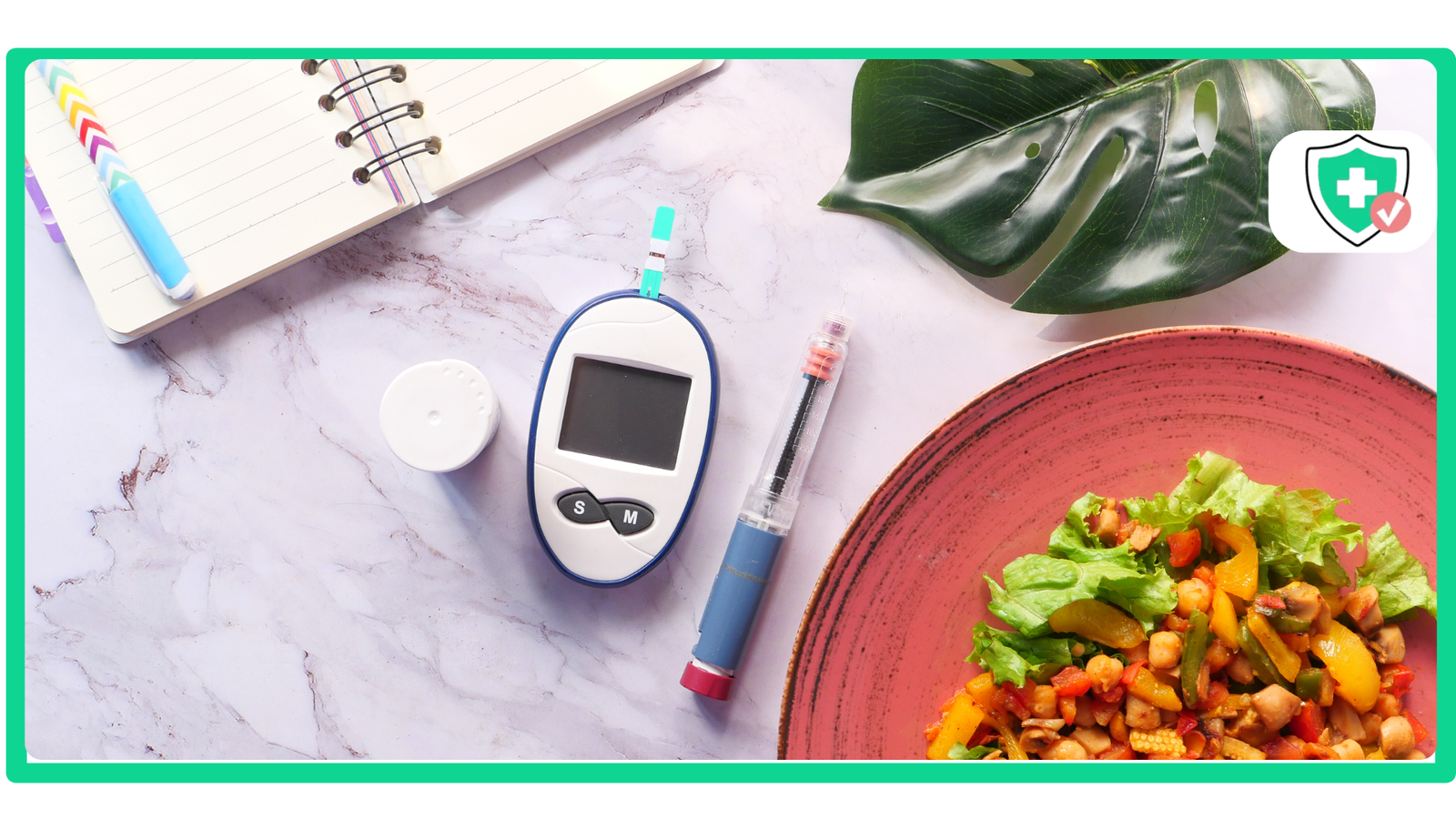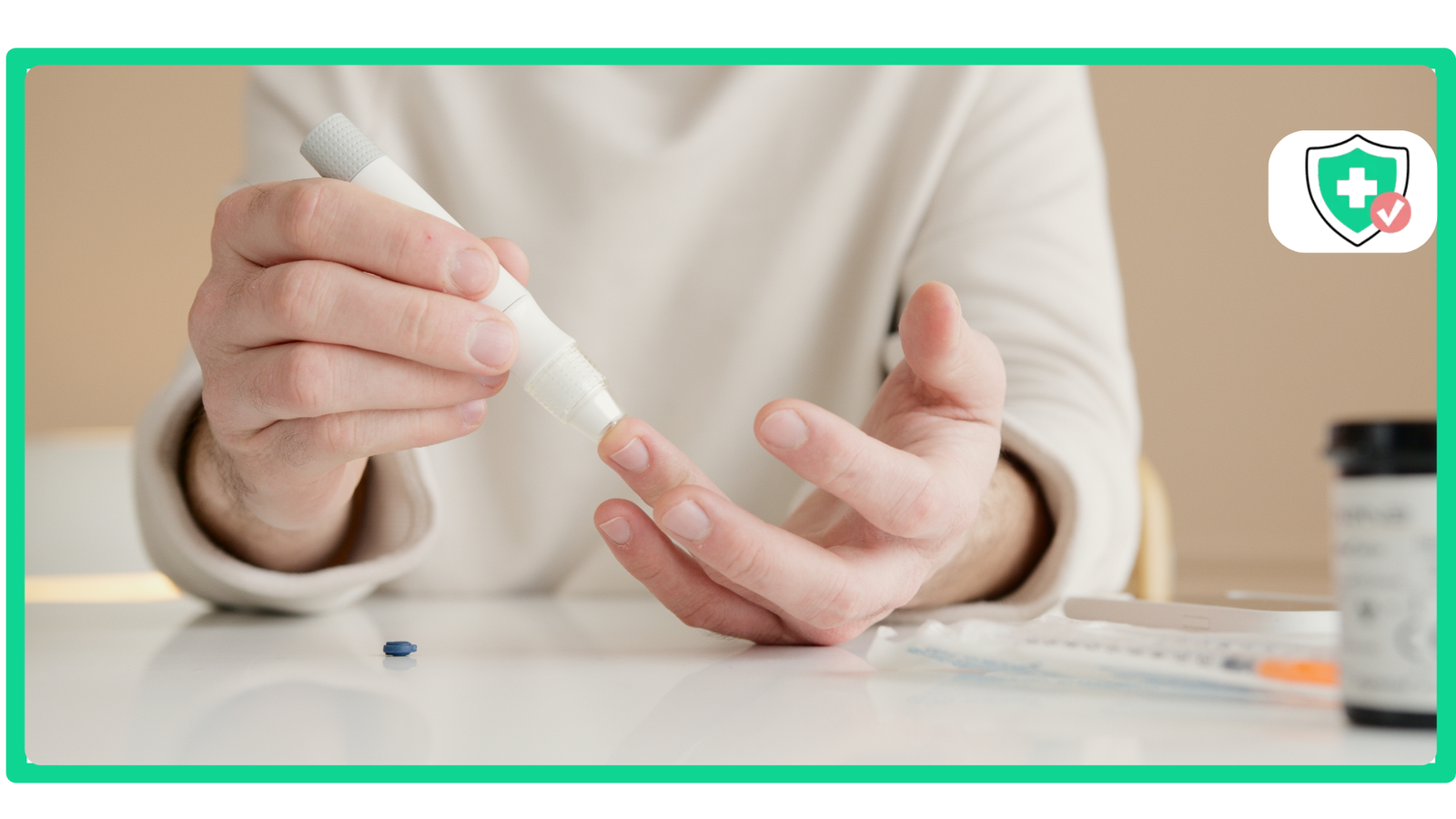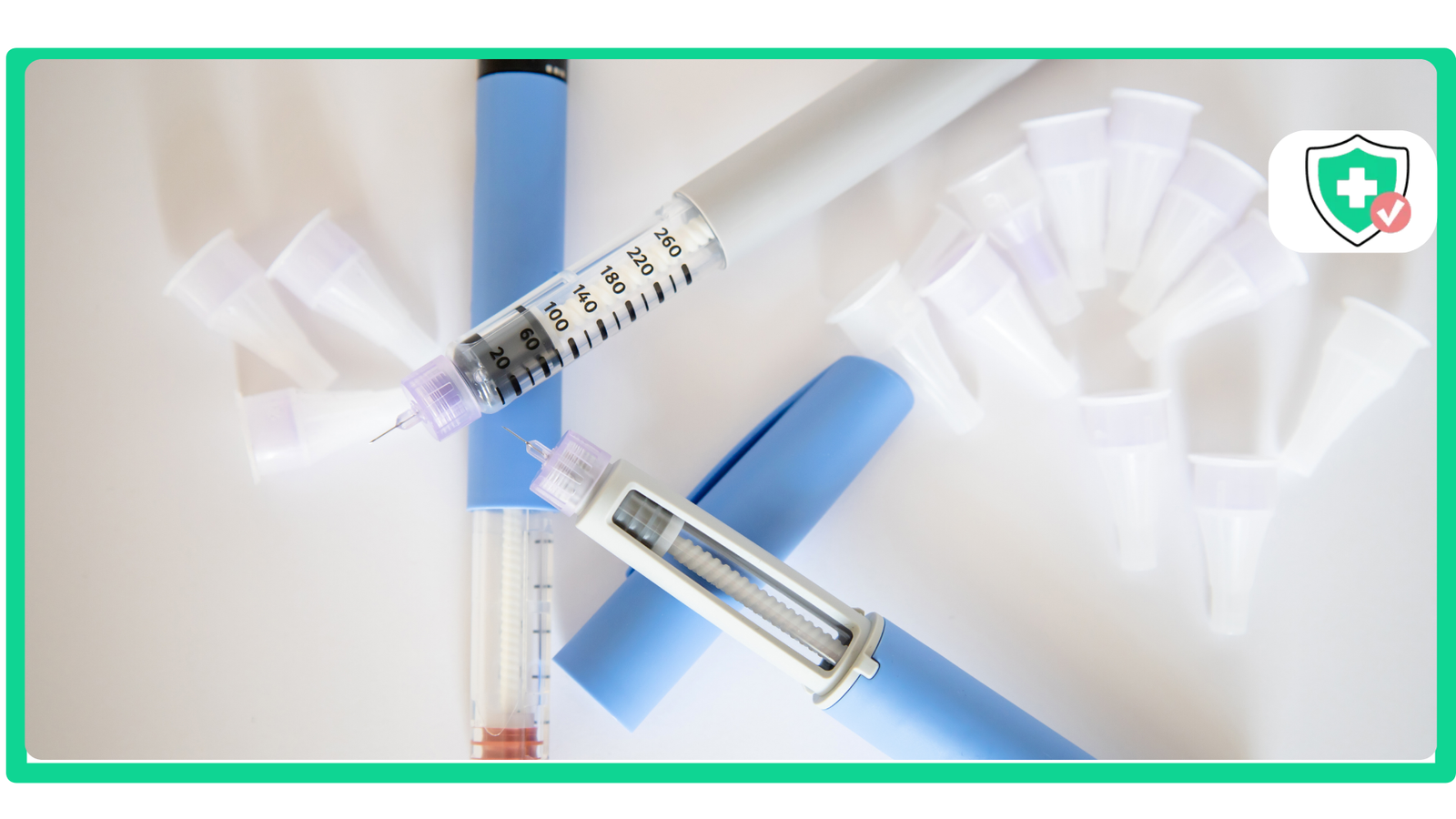When you use a strong medicine to help with weight loss, it’s very normal to have questions about safety. You might even ask a very serious question, like can you overdose on semaglutide? It is important to know the answer.
The short answer is yes, you can take too much of this medication, and it can cause serious problems for your health. This article is here to be your simple and clear safety guide. We will talk about what an overdose looks like and what symptoms to watch out for.
We will also explain what you should do if you think you took too much and how to stop it from ever happening. At Semaglutide Medics, your health and safety are the most important things to us. That all starts with giving you information you can trust.
Understanding How Semaglutide Dosing Works
First, let’s understand how doctors prescribe semaglutide. They don’t just give you a high dose from the very beginning. Instead, they use a special method to keep you safe.
This method is like climbing a ladder one step at a time. Your doctor will start you on a very low dose of the medicine. Then, after a few weeks, they will slowly increase it. They will keep doing this over several weeks or months.
This “start low and go slow” approach gives your body time to get used to the medication. It helps make the side effects much milder. Each dose level is chosen very carefully to be safe and effective. If you skip ahead or take more than your doctor tells you to, you can mess up this safe process.
What Happens During a Semaglutide Overdose?
So, what actually happens in your body if you take too much? An overdose makes the normal side effects of the medicine much, much stronger and more dangerous.
Severe Nausea and Vomiting
One of the first and most common signs of an overdose is feeling extremely sick to your stomach. You might experience very bad nausea and vomiting that just won’t stop.
While a little bit of nausea can be a normal side effect when you start semaglutide, an overdose makes it severe. This can be dangerous because constant vomiting can make you dehydrated, which means your body has lost too much water.
The Risk of Severe Hypoglycemia
The most dangerous part of an overdose is something called hypoglycemia. This is a big word for having dangerously low blood sugar. Your body needs sugar for energy, and when the level gets too low, your brain can’t work properly.
If you take way too much semaglutide, your blood sugar can drop to a very low level. The signs of this are serious. You might feel very confused or have blurry vision. In the worst cases, it can lead to seizures or even passing out. This is the main reason why the question “can you overdose on semaglutide?” is so important to understand.
What to Do if You Suspect an Overdose
If you think you or someone else has taken too much semaglutide, you need to act fast. This is a medical emergency.
- Get Help Right Away: The first thing you should do is call for medical help. You can call your doctor, the Poison Control Center, or 911. This is especially important if you see any of the severe symptoms we talked about.
- Do Not Wait: You should never “wait and see” if the symptoms get better on their own. It is always better to be safe and get help as soon as possible. Fast action can make a big difference.
- Have Information Ready: When you call for help, try to have some information ready. Know the name of the medicine (semaglutide), how much you took, and what time you took it. This will help the medical team help you. You can learn more about our patient-first safety approach on our about us page.
How to Prevent an Accidental Overdose
Of course, the best thing to do is to prevent an overdose from ever happening. Luckily, this is easy to do if you are careful.
The most important rule is to always follow your doctor’s instructions exactly. Never take more than you are prescribed, and never take it more often. You can use a calendar or a reminder on your phone to keep track of your injection day so you don’t forget.
Also, remember the 48-hour rule we talked about in other articles. Never take two doses less than 48 hours apart. It’s also important to make sure you are using the right pen or vial for your dose, as some products are stronger than others.
Note: Preventing errors is much easier when your treatment plan is clear and supported by professionals. At Semaglutide Medics, we ensure you understand your dosing schedule perfectly. Our comprehensive program includes professional oversight with your prescription and medication delivered right to your door, all for a flat monthly fee of $299. This structure is designed to promote safety and prevent accidental misuse.
A Patient Story: The Importance of Following Instructions
Let’s think about a patient named Sarah. She was feeling like her weight loss was a little slow, and she got a thought in her head: “What if I just take a double dose this week?
She stopped and thought about the risks. She asked herself, “Can you overdose on semaglutide?” Instead of taking a dangerous chance, she decided to do the smart thing. She sent a message to her doctor through the patient portal.
Her doctor wrote back and explained how dangerous a double dose could be. The doctor then worked with her to adjust her long-term plan safely. Sarah’s smart and patient choice kept her safe and on the right track to her goal.
Conclusion: Safety Is the Top Priority
So, let’s wrap this up. It is absolutely possible to overdose on semaglutide, and the results can be very serious. An overdose can make you extremely sick and cause dangerously low blood sugar.
The best way to stay safe is simple: always follow your doctor’s directions perfectly. Never change your dose on your own, and don’t be afraid to ask questions. Your health journey should always be a safe one.
If you ever have any worries or questions about your medication, it is so important to talk to a professional. Please do not hesitate to contact us. We are always here to provide trusted medical guidance.
Sources:
- Poison Control – National Capital Poison Center: https://www.poison.org/
- U.S. Food & Drug Administration (FDA) – Information on Semaglutide: https://www.fda.gov/drugs/postmarket-drug-safety-information-patients-and-providers/medications-containing-semaglutide-marketed-type-2-diabetes-or-weight-loss
- American Diabetes Association (ADA) – Hypoglycemia (Low Blood Glucose): https://diabetes.org/living-with-diabetes/hypoglycemia-low-blood-glucose









